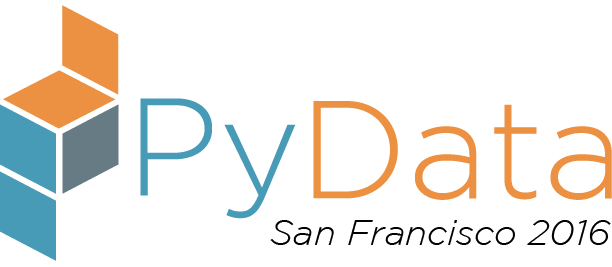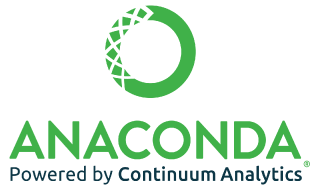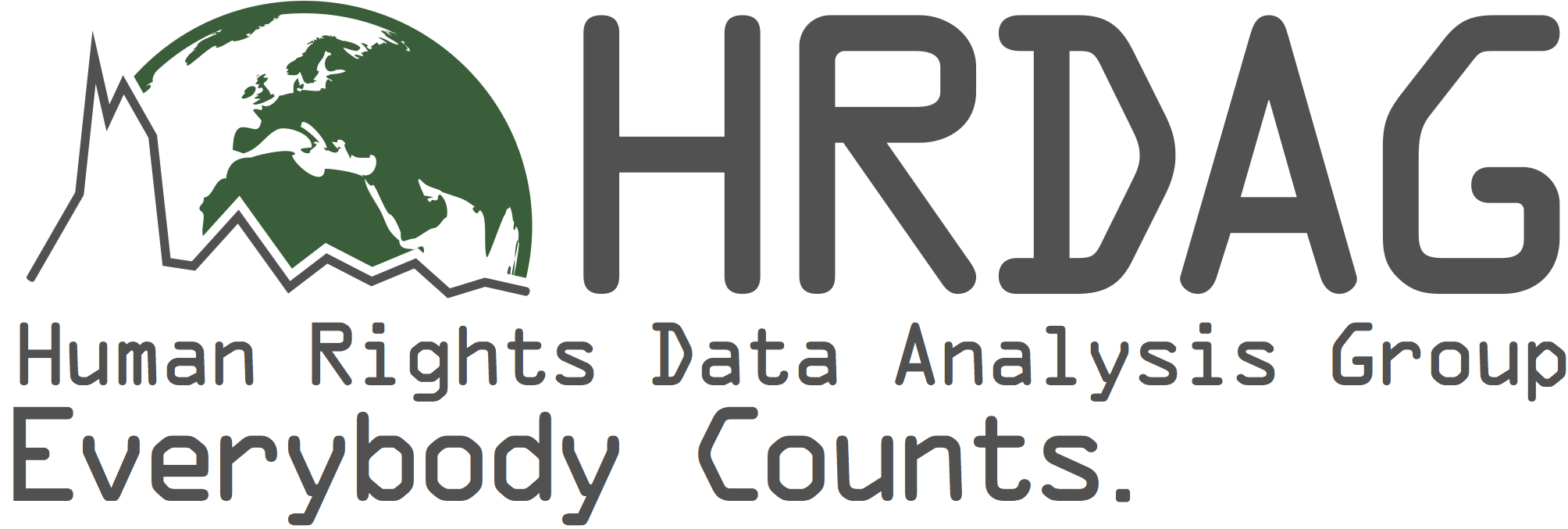Saturday 11:00 AM–11:45 AM in Theater
Community sustainability in Wikipedia: a review of research and initiatives
Stuart Geiger
- Audience level:
- Novice
Description
Wikipedia relies on one of the world’s largest open collaboration communities. Since 2001, the community has grown substantially and faced many challenges. This presentation reviews research and initiatives around community sustainability in Wikipedia that are relevant for many open source projects, including issues of newcomer retention, governance, automated moderation, and marginalized groups.
Abstract
Intro
- Personal introduction
- Wikipedia is both an encyclopedia and a community
A brief history of the Wikipedian community
- 2001-2004: a small, tight-knit community with few explicit rules
- 2004-2007: massive popularity, many new problems, many new policies
- 2007-2011: post-peak, the rise of algorithmic governance
- 2011-present: the Wikimedia Foundation’s expanded roles
Issues that Wikipedia faces:
- Managing encyclopedic quality at scale when anyone can contribute
- Retaining and socializing newcomers
- Systemic bias and inequalities in participation by underrepresented groups
- Relationship between professional staff and volunteer community
Initiatives:
- Local and/or thematic ‘edit-a-thons’ for newcomers and marginalized groups
- A/B testing new automated rejection messages sent to newcomers
- New interfaces for supporting mentoring and productive socialization
- New spaces for newcomers to learn from veterans and each other
- Making more low-risk ways for readers & newcomers to contribute
- Engaging community members in machine learning classifiers (for spam, etc )
Broader lessons learned and food for thought
- Even the best planned, most well-intentioned initiatives can fail
- Making governance more modular, rather than site-wide changes
- Maintaining healthy relationships between volunteers and professional staff









